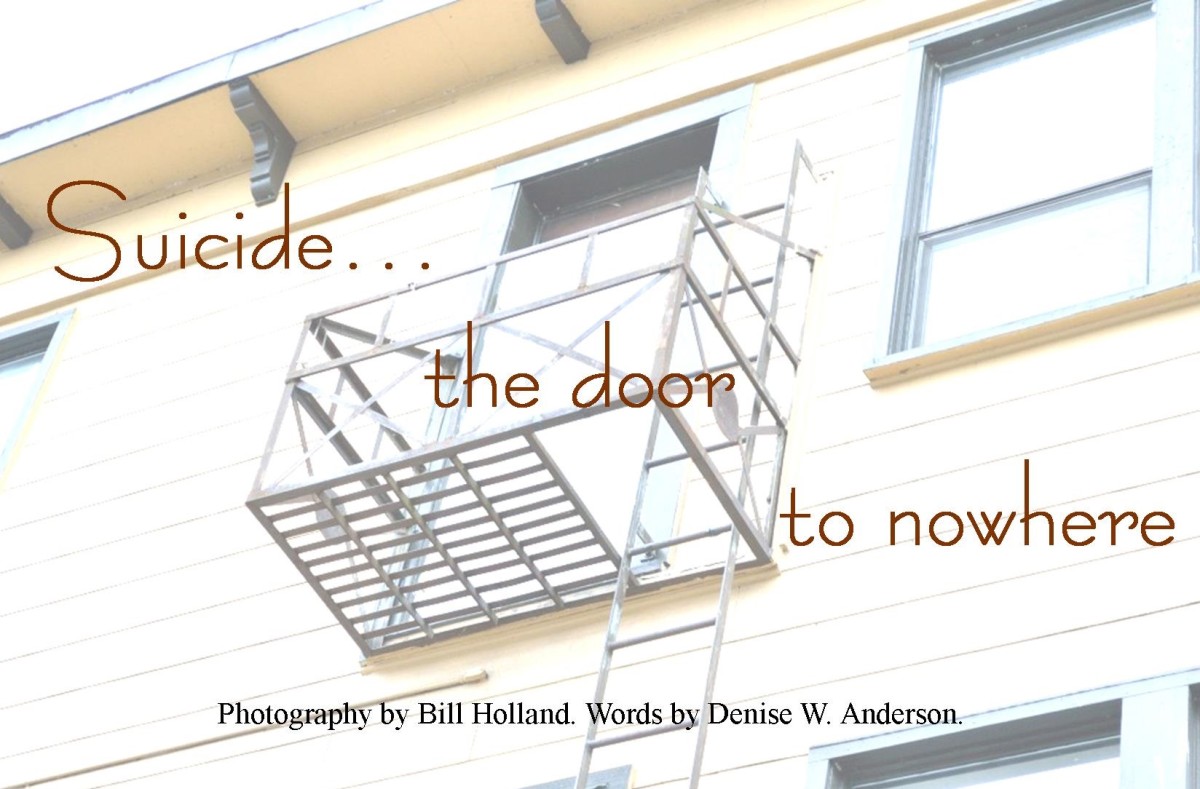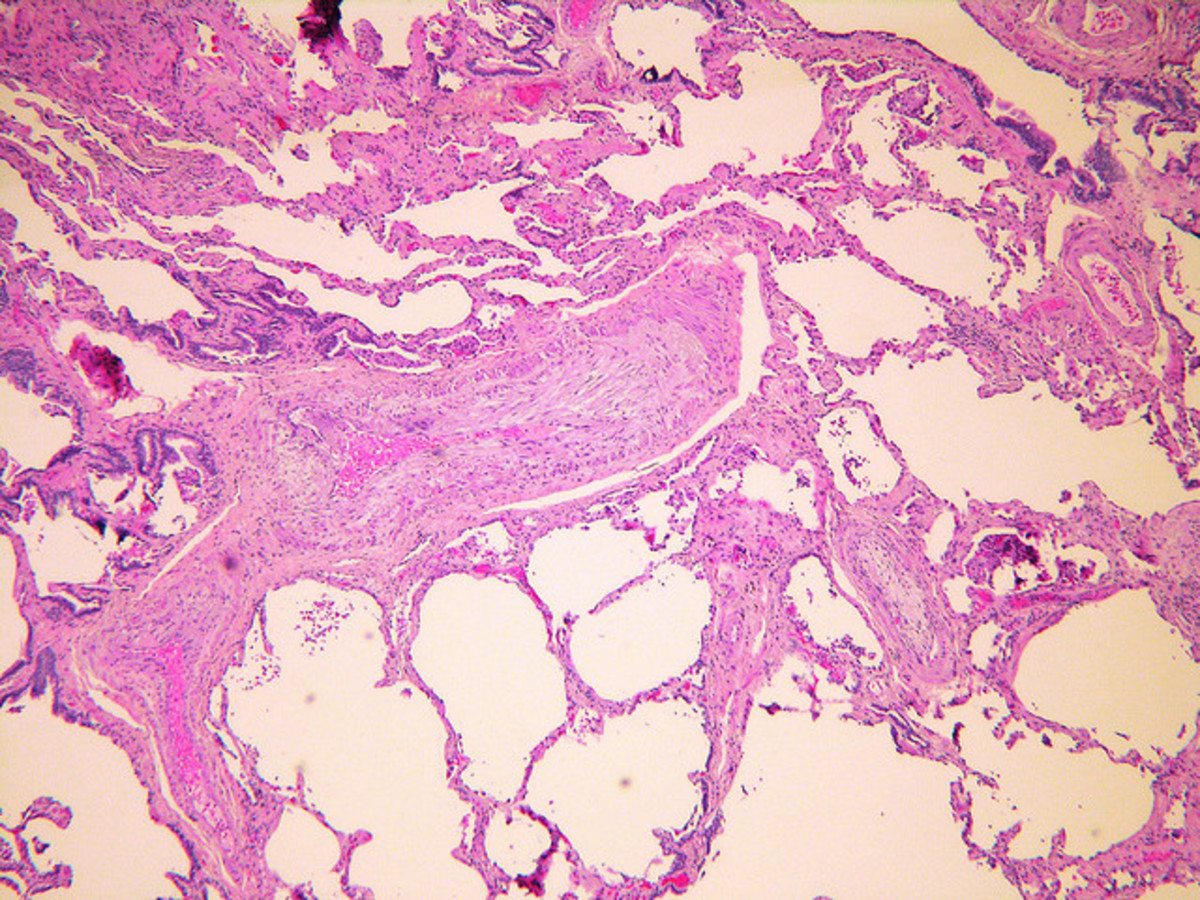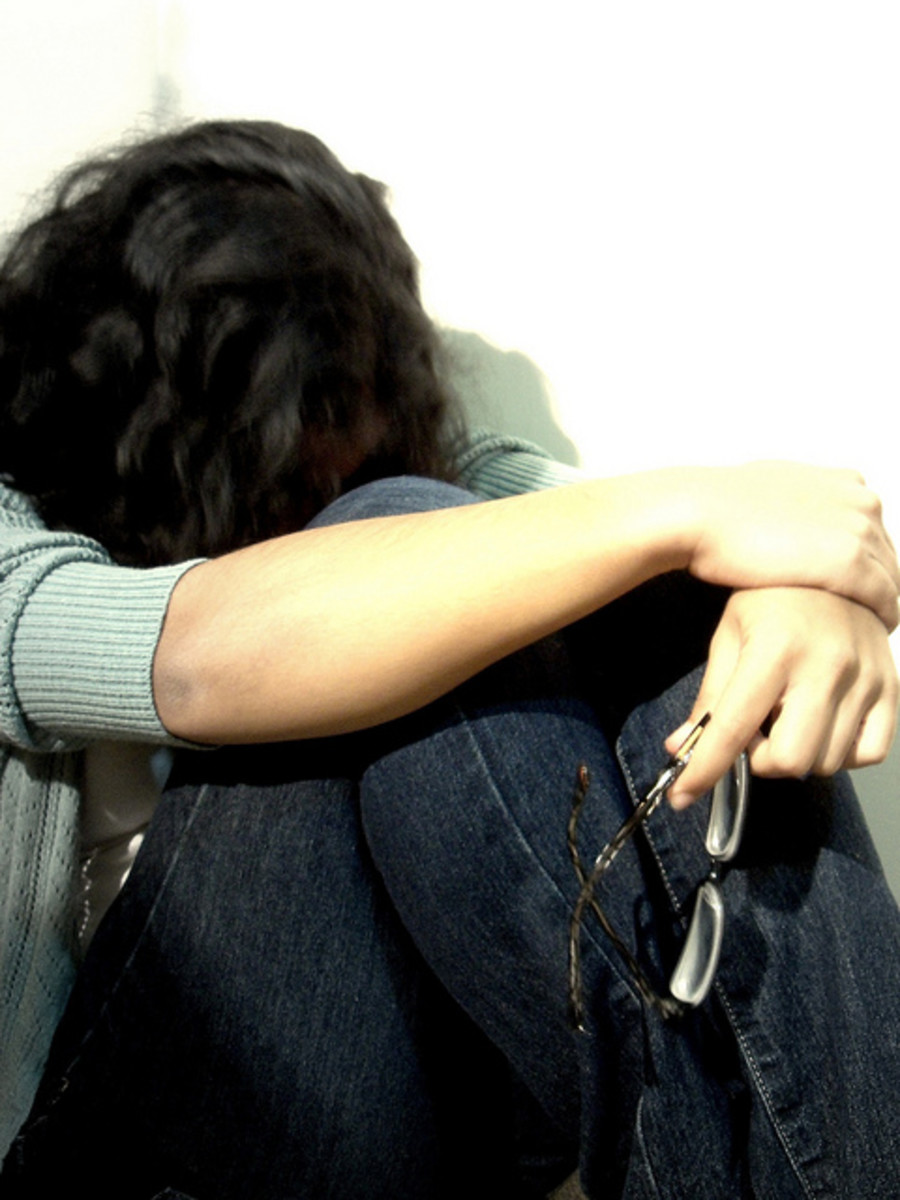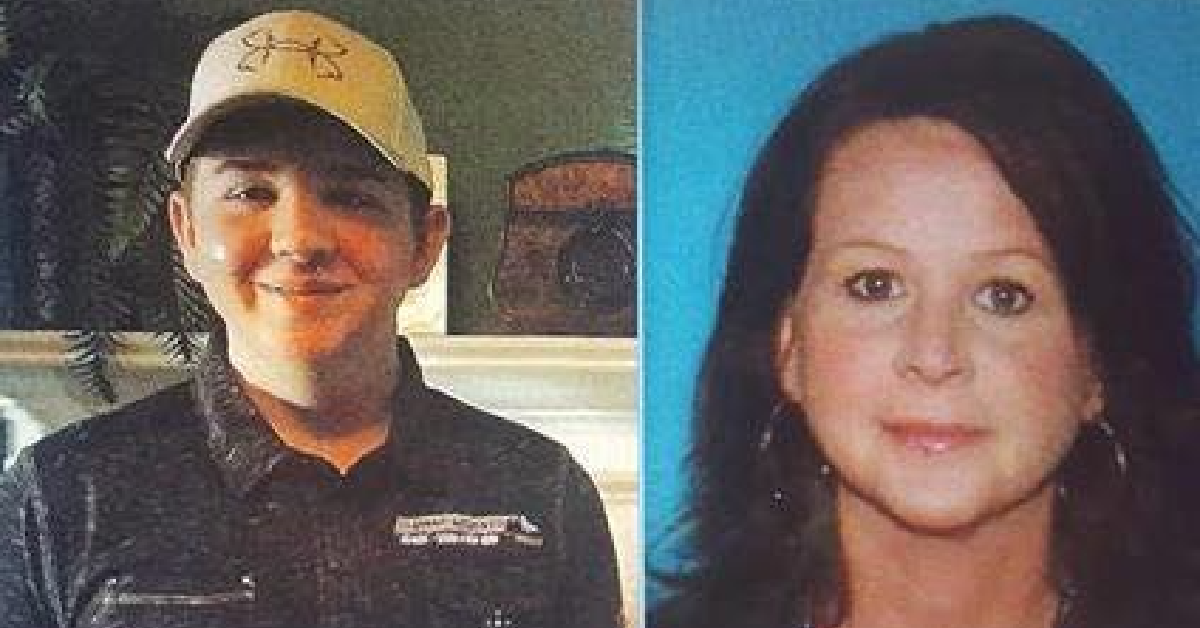Assisted Suicide - A UK Perspective
Assisted Suicide Law: How May We Learn From Other Legal Models?
The Suicide Act 1961 states that :
"The rule of law whereby it is a crime for a person to commit suicide is hereby abrogated."
And so is quite clear in setting out that the act of suicide itself is not a crime. It then goes on to say that:-
“1) A person who aids, abets, counsels or procures the suicide of another, or an attempt by another to commit suicide, shall be liable on conviction on indictment to imprisonment for a term not exceeding fourteen years.
2) If on the trial of an indictment for murder or manslaughter it is proved that the accused aided, abetted, counselled or procured the suicide of the person in question, the jury may find him guilty of that offence"

The offence is known as "complicity in suicide". This situation is unusual in law in that there is no other instance in which an accessory can be committing an offence when the principal is not.
The most well-documented method of assisting a suicide is by helping someone who wants to die to travel to a country where assisted suicide is legal, such as Switzerland. The Swiss Dignitas clinic has become very well known as a destination for those wishing to end their life. Prosecution is, in reality very rare as after reviewing the available evidence, the Director of Public Prosecutions does not generally find it in the public interest to proceed.
This was demonstrated recently in the case of Dan James. He was the youngest British person to travel to Dignitas for the express purpose of ending his life. He was 23 and had been made quadriplegic after a rugby accident. He had made several previous attempts at suicide and had made it very clear to his family that he wanted to end his life. His parents travelled to Dignitas with him, and were questioned by police about their role in helping him travel abroad in order to commit suicide, however, no prosecution went ahead, with the DPP publishing a ten page report on the reasons why it would not be in the public interest.
Of the 100 or so people who have travelled from the Uk abroad to die in a country where assisted suicide is legal, no relative has been prosecuted for helping the patient make the arrangements. There have been numerous calls for the law to be clarified however.
Multiple Sclerosis sufferer Debbie Purdy went to the Court of Appeal in order to gain clarification on the law surrounding assisted suicide. She wanted a statement from the DPP to indicate under which circumstances prosecution would take place of people helping others travelling abroad to die.
Ms Purdy wanted to clarify whether or not her husband, Omar Puente, would be risking prosecution should he help her to travel to a country where assisted suicide was legal. The judge was unable to give any further judicial clarification, and indicated that the correct forum for further discussion should be Parliament.
Dianne Pretty, a sufferer of Motor Neurone Disease, used the Human Rights Act to take her case to court, arguing that the DPP should make a commitment not to prosecute her husband, should he help her to die. Her request was turned down by the court.
She went on to appeal to the House of Lords and the European Court of Human Rights, with those attempts at clarification also unsuccessful. Her lawyers were arguing that the Human Rights Act gave her the right to choose when to die.
Another area requiring clarification is that of websites which encourage and promote suicide. These have been in the spotlight in the wake of a series of suicides by young people in the Bridgend area. It has been unclear as to whether the Suicide Act in its current form can legislate against websites, although prosecutions can take place under the Criminal Attempts Act 1981.
The Coroners & Justice Bill which is currently making its way through Parliament seeks to amend the Suicide Act as it currently stands, so that websites which encourage suicide can also be brought under jurisdiction. Justice Minister Maria Eagle made a statement about this in September 2008 which suggests that the language of the Suicide Act will be updated and clarified to promote better understanding by Internet Service Providers.

Many MPs including former Health Secretary Patricia Hewitt, believe the matter requires further discussion, with over 100 of them having signed a motion (Early Day Motion 230) calling for the issue to be fully debated in Parliament. Prime Minister Gordon Brown is not among the group of supporters.
His spokesperson stated that the Prime Minister believes that it is best for the Director of Public Prosecutions to decide whether to prosecute people alleged to have assisted in a suicide. The DPP is quoted as saying that he believes the current law as it stands to be "workable".
There are a handful of countries and states which do not treat assisted suicide as a crime and have implemented legislation to that effect.
Physician assisted suicide is legal in the US state of Oregon, under the Death with Dignity Act, and has been since 1997. The patient must be judged by 2 doctors to be in the last 6 months of life. Mental illness including depression must be ruled out. The patient must have made 2 written requests to die each signed by 2 witnesses and written 15 days apart to allow for a "cooling off period".
The patient will be give a prescription for a potion which they must have made up by a pharmacy & they must drink it themselves at home. In order to avoid people travelling to the state purely for this purpose, patients must be residents of Oregon and have been patients of their doctor for some time. Around 340 people have used this law in order to commit suicide since it was introduced.
A similar law applies in Washington, and was only recently introduced. The law requires that the decision is made by the patient themselves. They must be terminally ill. Alternative options such as hospice care and pain control must be explored. There must be no evidence of pressure from doctors or insurers that life should be shortened in order to save money.
Luxembourg legalised doctor assisted suicide very recently. Patients must be suffering from an incurable illness and must make multiple requests for assisted suicide. Their request will be examined by a panel of experts and must be approved by two doctors.
Switzerland decided back in 1918 that because suicide was not a crime, assisting someone with suicide should not be a crime either. A law was introduced to reflect this in 1942 and allows for assistance with suicide as long as nobody profits from the resulting death. If a person was deemed to be assisting a suicide for reasons of self interest, they might be liable for up to 5 years imprisonment if found guilty. The law does not allow for euthanasia, just assisted suicide, therefore a doctor can prescribe a lethal drug, however, the patient must ingest the dose themselves.
Belgium passed the Euthanasia Act in 2002. The law does not provide for assisted suicide and relates to euthanasia as an act carried out by a third party at the request of the patient. The patient must have made more than one request to a doctor for the procedure and a month must pass after the written request before the procedure can take place.
Alternatives must be discussed with the patient and a second opinion must be sought by the attending doctor. In some cases a third opinion must be sought. A doctor is not compelled to carry out such a procedure and must transfer the patient’s medical file to another doctor if they do not wish to participate in the process. Patients may not travel to Belgium for euthanasia as there must be a long standing relationship with the doctor.
Euthanasia and assisted suicide is permitted in the Netherlands under the Termination of Life on Request and Assisted Suicide (Review Procedures) Act which came into effect on 1 April 2002. Medical staff are under no obligation to assist in euthanasia related procedures, however, if they do, and follow the procedures prescribed by the law, then they will not be prosecuted.
Anybody over the age of 12 can request euthanasia or assisted suicide, however, those under the age of 16 must gain consent from their parents.
Two doctors must assess each case and determine that the patient is requesting the procedure voluntarily. The patient must be suffering unbearably and there must be no prospect of them recovering. Discussions must take place with the patient regarding alternatives to euthanasia.
The doctor must perform the procedure themselves, or remain with the patient in the case of an assisted suicide. Patients are not permitted to travel to the Netherlands for assistance with these matters as an historical doctor - patient relationship is deemed necessary to make the appropriate decisions.

With proof of the fact that assisted suicide laws can and do work in other countries and follow different working practices, perhaps it is time for the Prime Minister and other influential parties to realise that they are simply not entitled to hold back on the reigns when it comes to this entirely sensitive issue. Surely everybody has the right to choose how they end their life? If a family pet were to be enduring such a miserable level of existence, we would be applauded for doing the right thing in ending their suffering.
We are intelligent beings that are capable of making these decisions and with appropriate checks and stringent procedures in place, people can have these choices and acquire the assistance from suitably qualified professionals when needed.
This hub brought to you....
by Julie-Ann Amos, professional writer, and owner of international writing agency www.ExquisiteWriting.com
Why not create your own HubPages? It's fun and you can make revenue from Adsense and other revenue streams on your pages. JOIN HUBPAGES NOW - SIMPLY CLICK HERE...
This work is licenced under the Creative Commons Attribution-Non-Commercial-No Derivative Works 3.0 Unported License. To view a copy of this licence, visit http://creativecommons.org/licenses/by-nc-nd/3.0/ or send a letter to CreativeCommons, 171 Second Street, Suite 300, San Francisco, California94105, USA.









